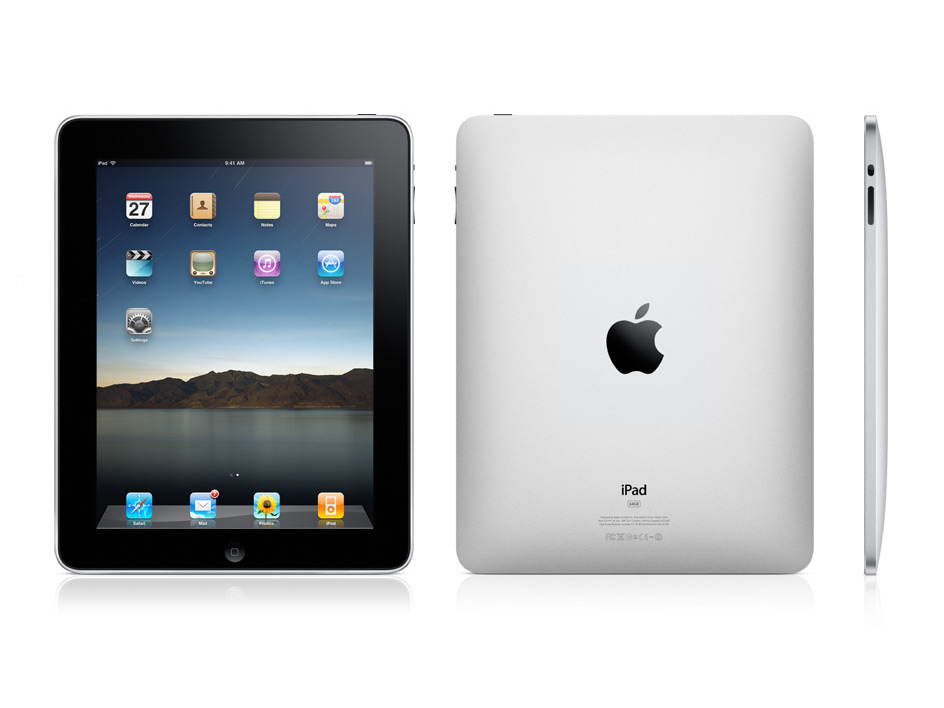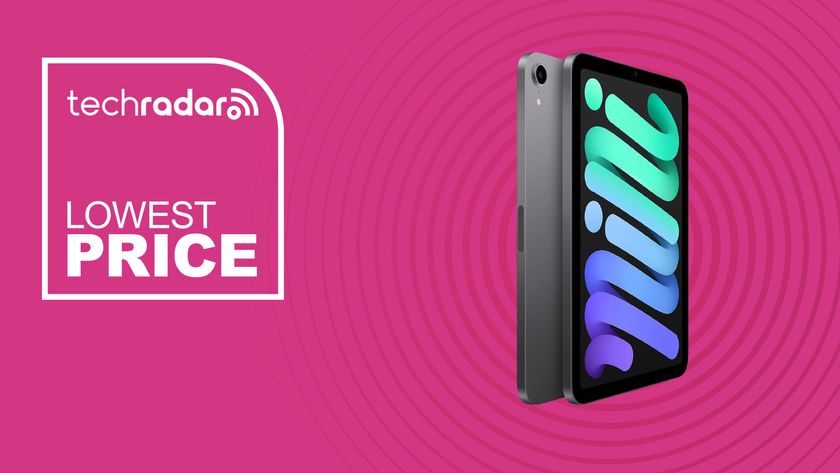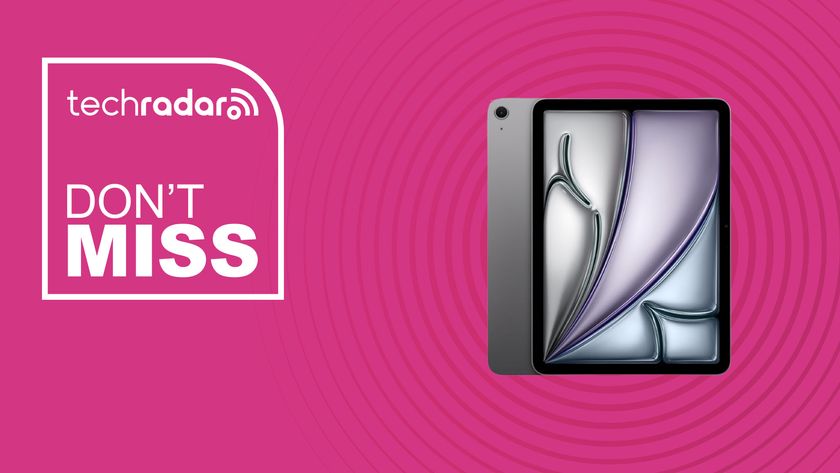Why the Apple iPad chip is a staggeringly big deal
Are Apple custom-designed chips headed for MacBooks and iPhones next?

Apple makes few acquisitions, and it baffled the industry when it splashed out nearly $300 million on PA Semi, a processor developer, back in April 2008.
As of 27 January 2010, Apple's reasoning suddenly became clear.
In something of a blink-or-you'll-miss-it moment during the flurry of excitement surrounding Apple's iPad, a single staggering slide during the presentation offered one of the most interesting points and biggest pieces of news: the iPad is powered by the 1GHz Apple A4 chip.
This is a big deal, because Apple often creates closed offerings. On the desktop, it makes its computers and the operating system that runs on them.
In the mobile space, it also, to some extent, controls the application ecosystem. Although some perceive these things as restrictions, they also enable Apple to create more stable and usable products, and to take more risks, given that the company's not often reliant on third parties.
Different with CPUs
Things have always been different when it comes to CPUs. Before the Intel switch, things had become quite dire - Mac laptops had gone from being the fastest around to a joke, due to shortcomings in PowerPC architecture.
Get daily insight, inspiration and deals in your inbox
Sign up for breaking news, reviews, opinion, top tech deals, and more.
Today, Apple works with Intel on the desktop, but this is clearly out of necessity more than any other reason. And in the more cutting-edge space of mobile, you'll find third-party ARM chips inside iPhones and iPod touches.
One might argue Apple could have taken an off-the-shelf component for iPad, but to do so misses the point.
Apple's developing its own chips because then it has the potential to get exactly what it wants, when it wants.
And while it might be a more expensive option in the short term, due to R&D costs, long-term it's a smart move. Apple will own the IP for its chips, and can adapt them as the market and its devices require.
The real question is this: how long will it be before we catch a glimpse of a slide during a Steve Jobs keynote that features a MacBook or iPhone with an "Apple custom-designed, high-performance, low-power system-on-a-chip"?
-------------------------------------------------------------------------------------------------------
Liked this? Then check out Apple iPad - our first impressions
Sign up for TechRadar's free Weird Week in Tech newsletter
Get the oddest tech stories of the week, plus the most popular news and reviews delivered straight to your inbox. Sign up at http://www.techradar.com/register
Most Popular








